Citation
Malkin, Stanislav. 'Lessons Learned' during the Interbellum: 'Irish War' and British Counterinsurgency
. Small Wars & Insurgencies Vol 32, no. 4-5 (2021): 598-618. DOI: 10.1080/09592318.2020.1798082.
Findings
The Record does not simply chronicle the actions taken by the British in Ireland from 1922 to 1923, but also outlines the ambition to use the Record as a sort of blueprint for future insurgencies should they arise elsewhere in the British Empire. The four volumes of the record touch on all elements of COIN: tactics and strategies (vol. 1); intelligence and counterintelligence (vol. 2); law and order during an insurgency (vol. 3); and idiosyncrasies of urban and rural insurgency and counterinsurgency (vol 4). The authors of the Record also envisioned that their work would be used to train new officers and retrain existing officers based on the lessons learned from Ireland. The collaborative nature of the Record, "both sides of the Irish Sea," demonstrates a common interest in disseminating lessons learned. However, the Record was hidden and forgotten, classified due to a sense that conflict could start again at any moment, and the findings from the Record could be used by the enemies against the British. This prevented the Record from becoming a significant part of British officer training, institutional memory, or staff colleges' curriculums. Consequently, this has led to a broad sense that the British had "failed" in Ireland, a perspective that was hardened during the Cold War when British global security priorities shifted to the Soviet Union.
The article also notes that several studies of guerilla warfare were prompted by the Irish war. This included multiple conferences for intelligence officers and military personnel, as well as special schools. In the years after the war, some military personnel and leaders showed an interest in guerilla warfare, viewing it as a central aspect of modern warfare that must be grasped and understood. However, this concern within the ranks was exceptional and far from the norm. The Record was likely not widely read and its lessons were never formally institutionalized. However, there is evidence that experience transferred in minimal cases, such as to the Palestine in 1936-1939, which drew parallels to the conflict Ireland. There were also tensions between the principle of minimum force deployed in imperial/colonial policing and the perception of a different standard of force deployed in counterinsurgencies and whether or not COIN could weigh in effectively on questions of imperial/colonial policing.
Tags
Lever of Power: Military Method: Qualitative Geoscope: Single country UN Region: Northern Europe DOD Region: EUCOM Country: United Kingdom Actor: State Target: Military Type: Article Year: 2021
Research Background
- Research questions
- How does British experience during the Irish War of Independence, codified in The Record of the Rebellion in Ireland, challenge historical thinking about British failures or success during this conflict?
- What lessons learned from the Irish War of Independence were incorporated into British military and counterinsurgency doctrines and practices?
- Hypotheses
- The Record of the Rebellion in Ireland challenges conventional understandings about British performance during the Irish War of Independence. (inferred)
- Although The Record was kept confidential for many years, it prompted studies on guerrilla war for future operations. (inferred)
Variables or Concepts
- Independent variables & concepts
- Historical experiences with COIN
- Dependent variables & concepts
- COIN success perceptions
- COIN doctrine
Methodologies
- Qualitative method description
- Archival study relating to British counterinsurgency efforts in Ireland
Time Frame
- Start: 1922
- End: 1923
